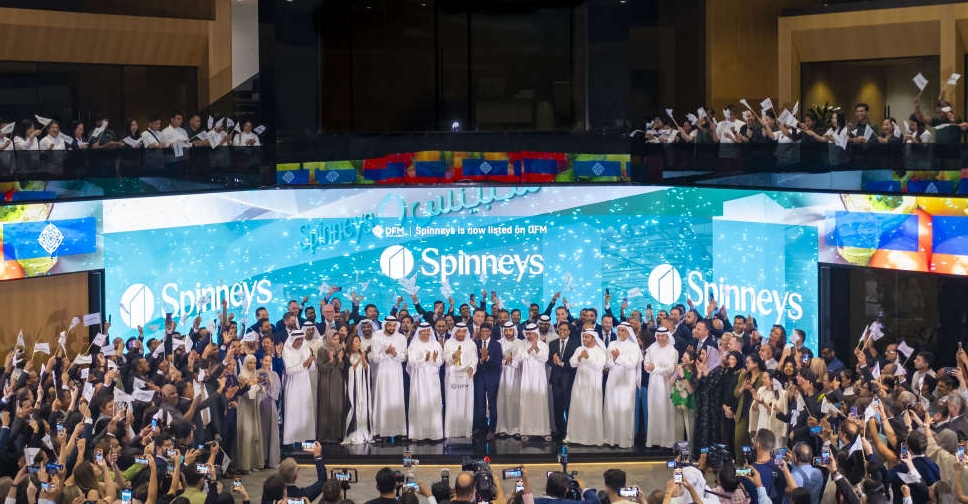
OpenAI announced it is tackling the issue of AI "hallucinations" through a novel approach to training artificial intelligence models.
The research comes at a critical juncture, as the spread of misinformation generated by AI systems has become a topic of intense debate, particularly in light of the upcoming 2024 US presidential election and the ongoing generative AI boom.
OpenAI made waves in the industry last year with the release of ChatGPT, its chatbot powered by GPT-3 and GPT-4, which quickly garnered over 100 million monthly users, setting a record as the fastest-growing app. Microsoft has demonstrated its confidence in OpenAI's potential, having invested over $13 billion in the startup, thereby valuing it at approximately $29 billion.
AI hallucinations occur when models, such as OpenAI's ChatGPT or Google's Bard, fabricate information and present it as factual. For instance, Google's Bard made an inaccurate claim about the James Webb Space Telescope in a promotional video. More recently, ChatGPT cited false cases in a New York federal court filing, potentially leading to sanctions for the involved attorneys.
In their report, the OpenAI researchers acknowledged that even state-of-the-art models are prone to producing falsehoods and exhibit a tendency to invent facts when faced with uncertainty. Such hallucinations pose significant challenges in domains that require multi-step reasoning, as a single logical error can derail an entire solution.
To combat these fabrications, OpenAI's potential solution involves training AI models to reward themselves for each correct step of reasoning they take in reaching an answer, rather than solely rewarding the final conclusion. This approach, known as "process supervision," as opposed to "outcome supervision," aims to promote more explainable AI. By encouraging models to follow a more human-like chain of thought, OpenAI hopes to mitigate logical errors and enhance the overall capabilities of AI systems.
Karl Cobbe, a mathgen researcher at OpenAI, explained that detecting and addressing logical mistakes or hallucinations is a crucial step toward building artificial general intelligence (AGI). While OpenAI did not originate the process-supervision approach, the company is actively contributing to its advancement. Cobbe emphasized that the research aims to address hallucinations and improve models' problem-solving abilities.
OpenAI has released an accompanying dataset of 800,000 human labels used to train the model mentioned in the research paper, according to Cobbe.



 Spinneys makes Dubai stock exchange debut
Spinneys makes Dubai stock exchange debut
 ADNOC reports 18% Q1 growth
ADNOC reports 18% Q1 growth
 Dubai Duty Free boss to retire after 41 years
Dubai Duty Free boss to retire after 41 years
 Sharjah airport welcomes over 4 million passengers
Sharjah airport welcomes over 4 million passengers
 DXB on track to surpass 90 million passengers in 2024
DXB on track to surpass 90 million passengers in 2024



